#brenda ueland
Text

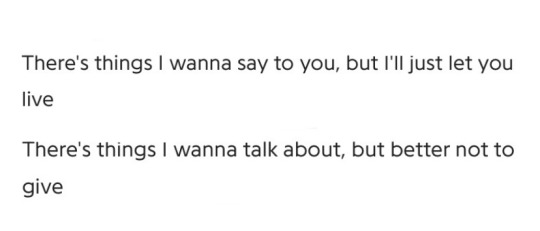
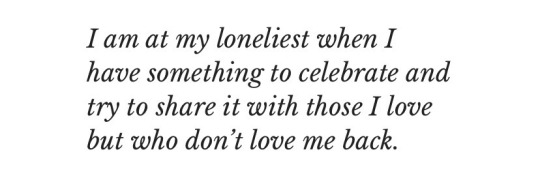
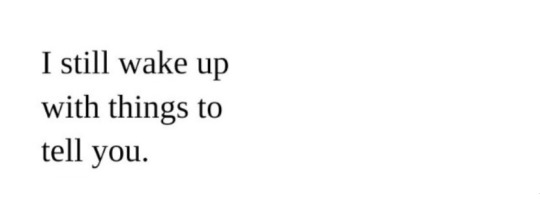
Brenda Ueland / Lana Del Rey / Karen Finley / Trista Mateer
#brenda ueland#lana del rey#karen finley#trista mateer#poetry#poem#lyrics#typo edit#collage#web weaving#parallels#compilation#compilation poetry#ada limon#ocean vuong#richard siken#mary oliver#anne carson#margaret atwood#virginia woolf#mangoszn
3K notes
·
View notes
Photo

Self-care, Erik Witsoe :: [Guillaume Gris]
* * * *
“In fact that is why the lives of most women are so vaguely unsatisfactory. They are always doing secondary and menial things (that do not require all their gifts and ability) for others and never anything for themselves. Society and husbands praise them for it (when they get too miserable or have nervous breakdowns) though always a little perplexedly and half-heartedly and just to be consoling.
The poor wives are reminded that that is just why wives are so splendid -- because they are so unselfish and self-sacrificing and that is the wonderful thing about them! But inwardly women know that something is wrong. They sense that if you are always doing something for others, like a servant or nurse, and never anything for yourself, you cannot do others any good. You make them physically more comfortable.
But you cannot affect them spiritually in any way at all. For to teach, encourage, cheer up, console, amuse, stimulate or advise a husband or children or friends, you have to be something yourself. [...]"If you would shut your door against the children for an hour a day and say; 'Mother is working on her five-act tragedy in blank verse!' you would be surprised how they would respect you. They would probably all become playwrights.”
― Brenda Ueland
47 notes
·
View notes
Text
"Inspiration does not come like a bolt, nor is it kinetic, energetic striving, but it comes into us slowly and quietly and all the time, though we must regularly and every day give it a little chance to start flowing, prime it with a little solitude and idleness."
Brenda Ueland, journalist, editor, and writer (24th October 1891-1985)
1 note
·
View note
Text
Reminded this morning of Brenda Ueland's wonderful advice book for writers, originally published in 1938, If You Want to Write: A Book About Art, Independence, and Spirit:
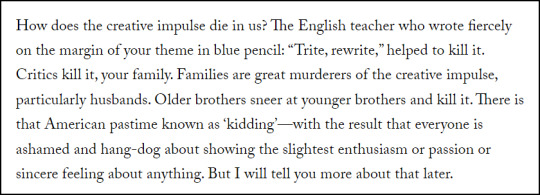
0 notes
Text
Brenda Ueland: Inspiration
“Inspiration does not come like a bolt, nor is it kinetic, energetic striving, but it comes into us slowly and quietly and all the time, though we must regularly and every day give it a little chance to start flowing, prime it with a little solitude and idleness.”
—Brenda Ueland.
View On WordPress
0 notes
Text
"Why should we all use our creative power . . . ? Because there is nothing that makes people so generous, joyful, lovely, bold and compassionate, so indifferent to fighting and the accumulation of objects and money"
-Brenda Ueland
1 note
·
View note
Text
putterings, 247-243
and dry bones failing desire
(his eyes were weak)
inaccurate tinware fingers
sharp, staccato ideas; by action at last
around me and in my mind times when
some semblance of order
—
puutterings | their index | these derivations | 20230124
#derivation2#Photo-Era#John J. Enneking#Kathleen Norris#Sue Augustine#Alexandra Stoddard#Brenda Ueland
1 note
·
View note
Text
sharp, staccato ideas; by action at last
So you see the imagination needs moodling,— long, inefficient, happy idling, dawdling and puttering. These people who are always briskly doing something and as busy as waltzing mice, they have little, sharp, staccato ideas, such as: “I see where I can make an annual cut of $3.47 in my meat budget.” But they have no slow, big ideas. And the fewer consoling, noble, shining, free, jovial, magnanimous ideas that come, the more nervously and desperately they rush and run from office to office and up and downstairs, thinking by action at last to make life have some warmth and meaning.
The great mystic philosopher Plotinus said about this:
“So there are men too feeble for contemplation.” (This is his word for what I call the imagination.) “Being unable to raise themselves to contemplation from the weakness of their Soul, unable to behold spiritual reality and fill themselves with it, but desiring to see it, they are driven to action that they may see that which they could not see with the spiritual eye.”
But I must go back to my subject,—writing.
—
Brenda Ueland, If You Want to Write : A Book about Art, Independence and Spirit (1938; second edition 1983) : 32
borrowable at archive.org : link
(with very good introduction by Patricia Hampl)
—
Brenda Ueland (1891-1985)
wikipedia : link
see also
Brenda Ueland, Strength to your sword arm : selected writings (Holy Cow! Press, Duluth, Minn, 1993)
borrowable at archive.org : link
1 note
·
View note
Quote
Seence you are like no ozair being evair created seence le begeenneeng of time, you are eencomparable.
Pepe le Pew to Penelope Pussycat
0 notes
Text
Those Who Can't
I've always loved writing, but for a long time thought it was pretentious to call myself a writer. What if someone asked to see what I'm writing? What if they didn't like it? That would make me a terrible writer, I thought, one of those people who go around thinking they're great while everyone is secretly laughing at them.
But I walk in the park every day, and I see people who walk there, too. We're all walkers, even the guy who brings his oxygen tank with him every day, even the woman who sits down to smoke a cigarette before she finishes her walk. The young parents pushing strollers, the women in hijab, the elderly lady who has her hair "done" each week and wears jewellery while she does her doctor-prescribed exercise, the people who are overweight or all lean muscle and bone, the people looking for Pokemon, the business suits walking during their lunch hour. All walking, all walkers.
If you walk, you're a walker.
If you write, you're a writer.
It's said that those who can't do something become teachers. As a teacher, I resent the implication that we have all failed at something and now pretend to instruct others how not to fail. But it's true in the sense that we are all learners, never finished learning, and no one knows this better than a teacher. Every day I learn just how much I don't know.
Years ago I was walking down the hall of my school, heading for the copy machine, three minutes from the next bell, and an administrator stopped me.
"Would you like to teach creative writing?" she asked. "We need more elective courses next year."
At the time I was teaching three Latin classes and two freshman English classes. Did I really need another prep?
Could I even do this? Why me? What made me more qualified than the other people in my department? How would I teach it? What would the course description say? Who would take the class?
"Yes," I said.
When I started teaching it in the fall, I didn't have answers to all my questions, but I had a plan. The most frustrating thing, I learned, was teaching people who hadn't signed up for it, and just needed a course to fill a hole in their schedule. I thought writing was easy-- and fun! We could all have a good time here, because it was just about self-growth and imagination.
I learned was that I was not the expert. My students might be terrible writers, might hate every moment of journaling and writing exercises and prompts, but they had ideas, too. They were just too used to thinking their ideas were shit, that creativity wasn't worth anything, that the things that mattered were the things that could get them a good job.
My job, it turns out, was coaxing them to open up and explore ideas, to think divergently, to regard storytelling as more than entertainment. Stories matter; how we tell them makes a difference.
I was not an expert. I read a lot and wrote stories for fun. And I became my first pupil.
Nearly everything I learned about writing, I got from teaching it. And I haven't yet reached the point where I felt entitled to call myself a writer. I still sort of cringe when I confess to someone that I write. But I keep writing.
"No writing is a waste of time – no creative work where the feelings, the imagination, the intelligence must work. With every sentence you write, you have learned something. It has done you good. Don't always be appraising yourself, wondering if you are better or worse than other writers." -- Brenda Ueland, If You Want to Write
55 notes
·
View notes
Note
if youre still taking prompts, how about the simple acts of love? like loving without thinking about it
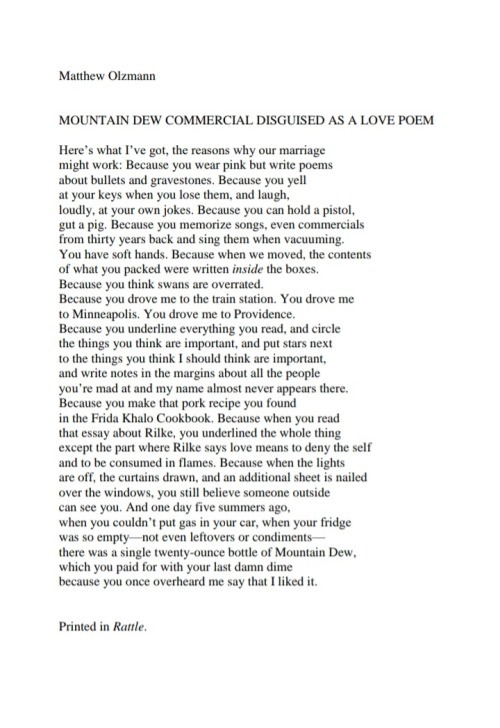
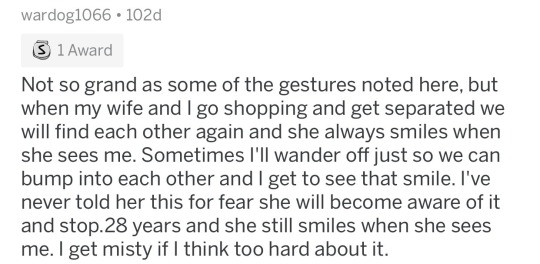
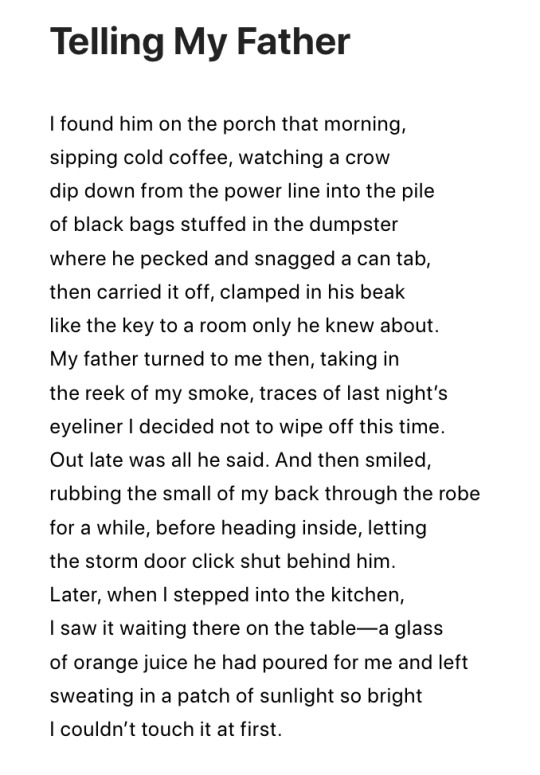
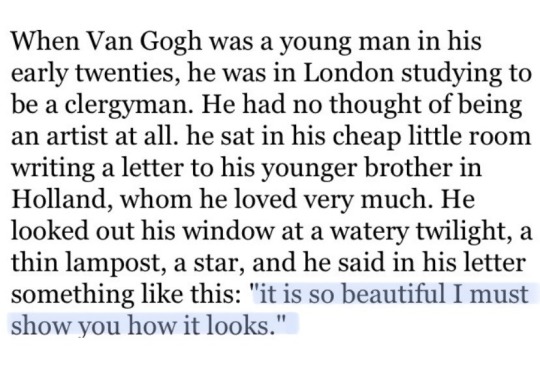
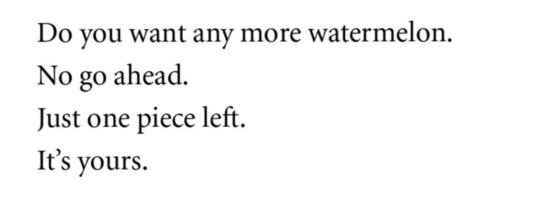

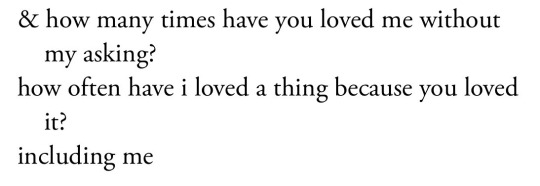

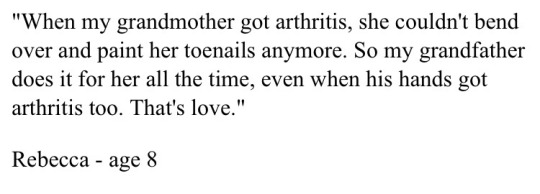
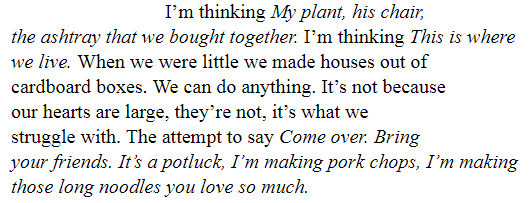
HOW WILL YOU REMEMBER? / THAT I LOVE YOU? THAT'S EASY-- I CAN'T HELP IT
matthew olzmann / wardog1066 / james crews / brenda ueland / anne carson / ada limón / danez smith / maggie stiefvater / daily good / richard siken
622 notes
·
View notes
Text
“Why should we all use our creative power? Because there is nothing that makes people so generous, joyful, lively, bold and compassionate." Brenda Ueland
41 notes
·
View notes
Note
For unique writing asks; 21, 30
21: How do you come up with titles? Do you use placeholders or tend to change your titles while writing the first draft?
I often don't name a piece until after I finish it or after I've written a few scenes of it. I think about the theme of the piece, the arcs involved, and the characters.
Sometimes the title of a piece is very literal (like my Confessions fic is a literal title since confessions between Lena and Kara happened several times in the fic). But sometimes I'll have an more abstract title: (Unraveling Realities fic was named this because of how Lena's arc dealt with her feeling unraveled, like her identity had been torn apart, and the nature of the enemy they are fighting plays with reality in disturbing ways).
I generally use placeholders until I decide on a good title, which once I decide on the title I commit for good or ill. lol
30: What is some of the best writing advice you’ve read or received? Why does it work for you?
Ursula Le Guin has some of the best writing advice I've ever read. I particularly love this quote from a talk she did in 2000:
Beneath memory and experience, beneath imagination and invention, beneath words, there are rhythms to which memory and imagination and words all move. The writer’s job is to go down deep enough to feel that rhythm, find it, move to it, be moved by it, and let it move memory and imagination to find words.
This article is an excellent deep dive into her writing advice: The Imaginative Reality of Ursula Le Guin. She, like Brenda Ueland, will urge people to write, that anyone can write, and yes, knowing how to use the tools for writing is crucial; it's also important to interrogate those tools and decide what works and doesn't work for your unique voice.
Thank you for asking! :D
Click here for the questions for Unique Writing Asks.
7 notes
·
View notes
Text
"You have to hold your audience in writing to the very end -- much more than in talking, when people have to be polite and listen to you."
Brenda Ueland, writer (24 October 1891-1985)
0 notes
Note
Hello! Big fan of yours (genuinely entertaining the idea of printing a paperback version of Blind, but Now). I was wondering if you had any advice when it comes to writing a long fic, especially in the planning stages? Or if you had any resources to recommend?
aaaaaah, thank you so much!! 💖 full support/permission/whatever from me to get it printed if you'd like to!
eh heh. advice.
To be honest, I don't know if I'm the right person to advise on writing and planning a long fic because I've yet to successfully do that? 😅 BBN started out as a oneshot, fell into being a story as I got ideas to continue it, and almost ended 50k words early before another idea for a story shift around chapter 12 catapulted the story even further along. I do have ideas for longer stories that I've attempted to execute, but obviously I haven't managed that quite yet.
That being said, I do usually have an ending in mind as I write, along with some form of attempted organization 😛 Generally, I keep a loose, chronological outline, either in a notebook or as a document, that contains both story events and character development notes, along with little snippets of writing that I've thought of ahead of time and any relevant story planning discussions I've had with friends copy/pasted from Discord. I also keep a "holding" file to save paragraphs/pages that I delete from the chapter while writing because I change my mind a lot as I go, and it's less threatening to experiment with taking the story in a different direction if I know that the old version is still tucked away somewhere. In fact, I get torn between ideas as I write so often that I have an established practice of making pro/con lists to sort through the benefits and drawbacks of every option, sooooo I'm obviously nailing this whole "planning ahead" thing 😂
For resources, I've listened to a lot of the commonly recommended books (Save the Cat, Stephen King's On Writing, Bird by Bird) and have a general idea of common story structure/the hero's journey, so that's all floating around in my head. I will say that the five-point finale from Save the Cat really helped me structure that last sacred realm scene in BBN, so I think that might be worth checking out, even if it's a bit formulaic. I also own but have not made it through Ursula K. Le Guin's Steering the Craft, though I kind of want to revisit it now that I've remembered that it exists 😂
The book on writing that I've listened to over and over is called If You Want to Write by Brenda Ueland, though I always recommend it with the caveat that the writer was progressive for her time (the 1930's) but uses a few terms that, while acceptable then, wouldn't really fly today. That being said, I love it wholeheartedly. It's the spiritual opposite of books like Save the Cat in that there's no formulas or specific dissection of craft, but it really delves into the writing advice I've most frequently needed, which is to always, always be honest. It's also, as a selling point, quite short, so not a huge investment in money or time, either 😉
Anyway, I hope any of this helps, and good luck with your writing! Kinda bummed that I haven't really had the time for writing or reading lately, but messages like yours make me hope I can get back into it soon 💖
10 notes
·
View notes
Text
Brenda Ueland: Hold your audience
“You have to hold your audience in writing to the very end — much more than in talking, when people have to be polite and listen to you.”
—Brenda Ueland.
View On WordPress
0 notes